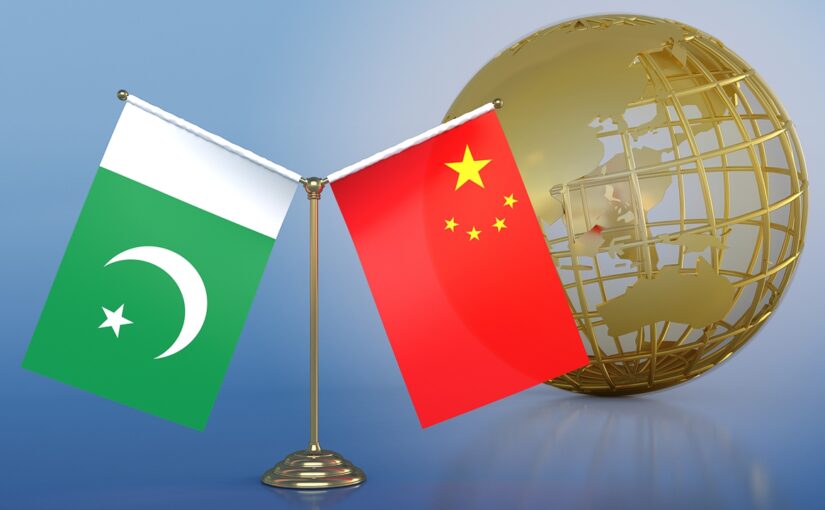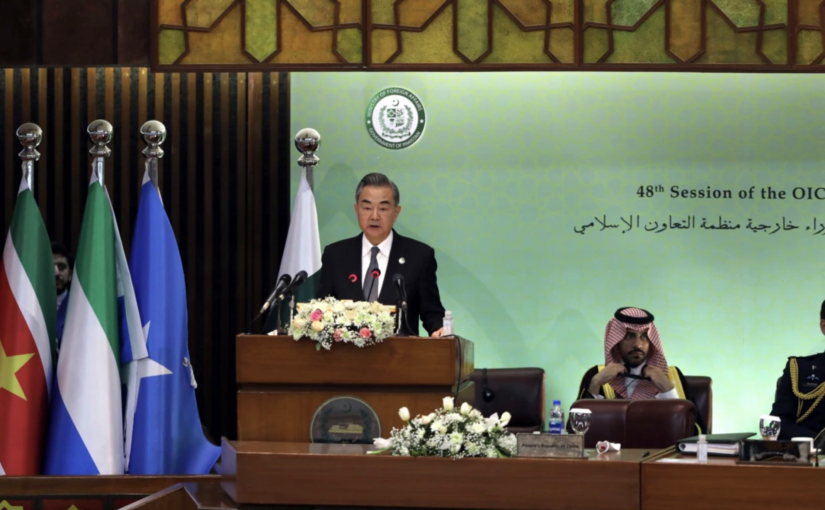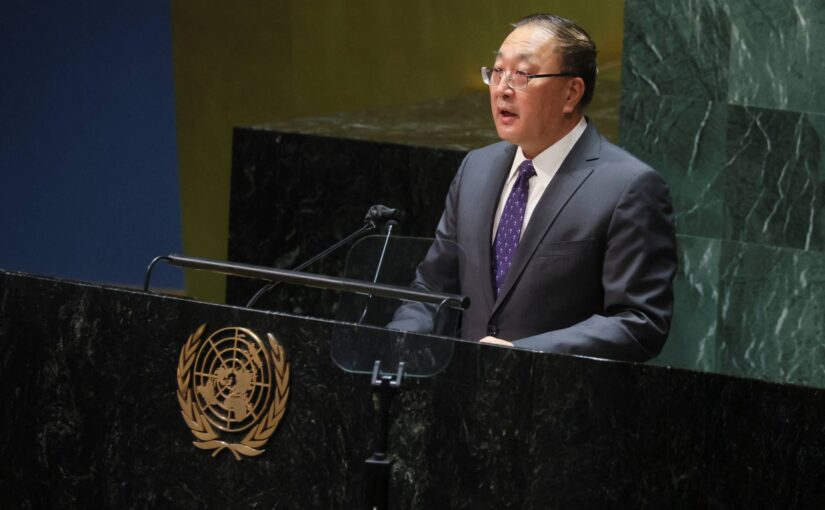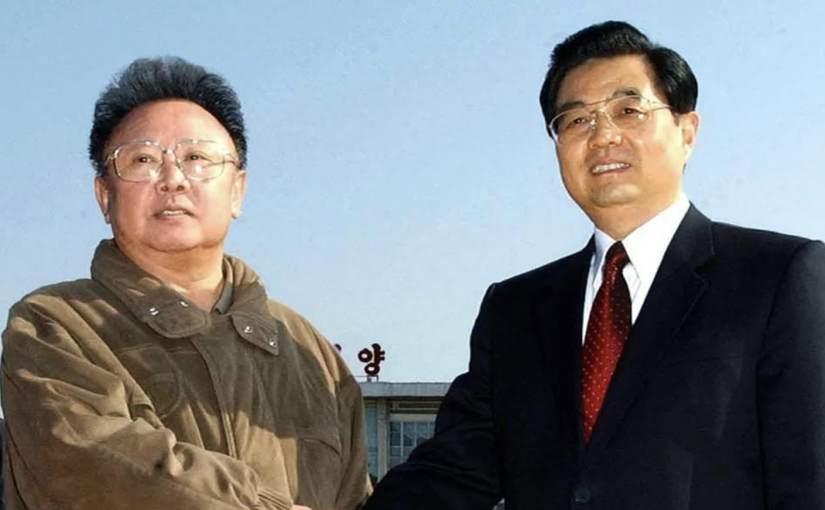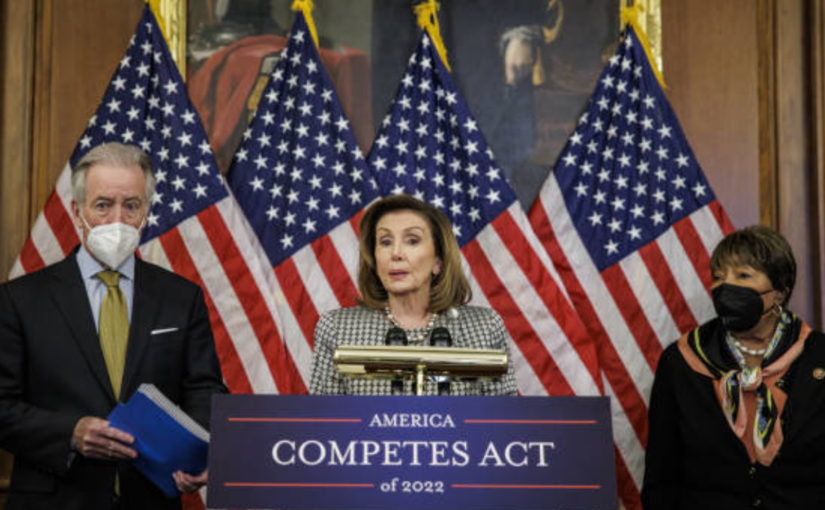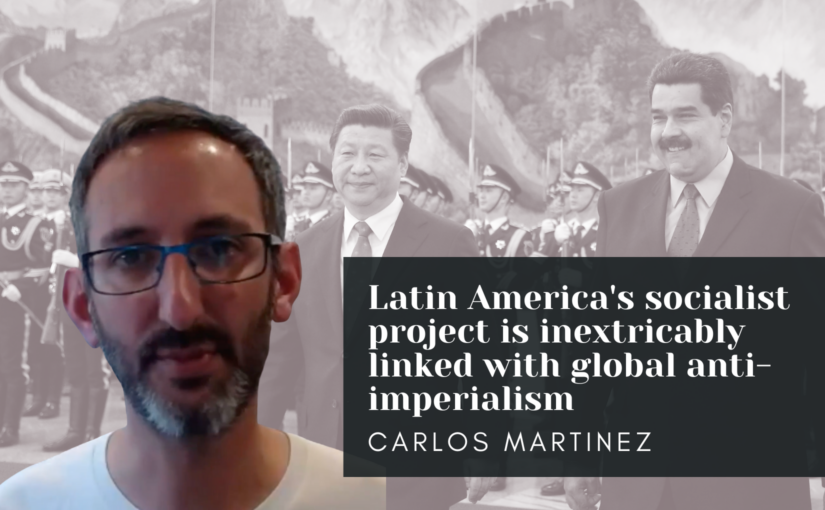The current political crisis in Pakistan, which, at time of writing, has seen Prime Minister Imran Khan forced to relinquish office following his loss of a parliamentary vote of no confidence, a vote he had attempted to derail by dissolving parliament, only to have the dissolution overruled by the Supreme Court, has led to considerable speculation in some anti-imperialist circles, focused not least on the nature and extent of the US role in the crisis and the prospects for China/Pakistan relations.
In an attempt to provide some clarity on these matters we are pleased to republish two important and thoughtful articles from China’s Global Times, both published on April 10. They deserve to be carefully read in full, but we highlight here some salient points by way of introduction.
An OpEd piece bylined simply as Observer and entitled Futile for US to sow discords between Pakistan and China, states:
“[Imran] Khan implied that the US was behind the motion against him. Chinese scholars argue that even if the US was playing tricks from behind the scene, it cannot sow discord between China and Pakistan.”
It goes on to quote Qian Feng, director of the research department at the National Strategy Institute at Beijing’s Tsinghua University, as saying:
“There is no difference between Pakistan’s major political parties in their friendship and the all-weather strategic cooperative partnership with China. If there’s a difference, it would lie in which party will uphold such relations better.”
Qian further notes that, “In China-Pakistan relations, the Pakistani military has played the role of a stabilizer and ballast stone in building a closer China-Pakistan community with a shared future”, adding that, “no matter which party is in power in Pakistan in the future, it should not be labeled as pro-US.”
In similar vein, the article Pakistan’s political change ‘won’t affect solid friendship with China’ , written by senior journalists Yang Sheng and Liu Caiyu, notes:
“The potential successor of Khan is from the Sharif family which has been promoting China-Pakistan ties for a long time, and cooperation between the two countries could be even better than under Khan.”
This article also quotes Qian Feng as noting: “The latest political change in Pakistan is mainly caused by political party struggles and issues with the economy and people’s livelihoods,” adding that “due to the impact from the COVID-19 pandemic, many people in the country believe that Khan’s administration has failed to stop the economic situation from worsening… In general, current internal problems in Pakistan have nothing to do with its solid ties with China, so there will not be a significant impact on China-Pakistan cooperation. Khan is from a newly rising political party – the Pakistan Movement for Justice, and when traditional major political parties like the Pakistan Muslim League (Nawaz) or the Pakistan People’s Party (PPP) return to power, China-Pakistan cooperation could be even better because these traditional major parties have much closer and deeper ties with China.”
“When [Shehbaz] Sharif [candidate for Prime Minister] was regional leader of the eastern province of the Punjab, he struck many BRI cooperation deals with China directly to improve local infrastructure and economic development, and his family have maintained long-standing ties with China as his brother Nawaz Sharif is a three-time former prime minister and the leader who kicked off the CPEC project,” the paper quoted unnamed experts as saying.
Neither article seeks to deny that the US is interfering in Pakistan and attempting to create discord both internally and in the country’s relations with China. However the newspaper quotes Rana Ali Qaisar Khan, executive member of the Central Standing Committee of the Pakistan National Party, one of the country’s historic left-wing parties, with its main base in Balochistan Province, as saying, “the US has always tried to influence many countries’ domestic affairs, including Pakistan’s, but its role should not be exaggerated and the current political situation in Pakistan is mainly caused by internal reasons.”
